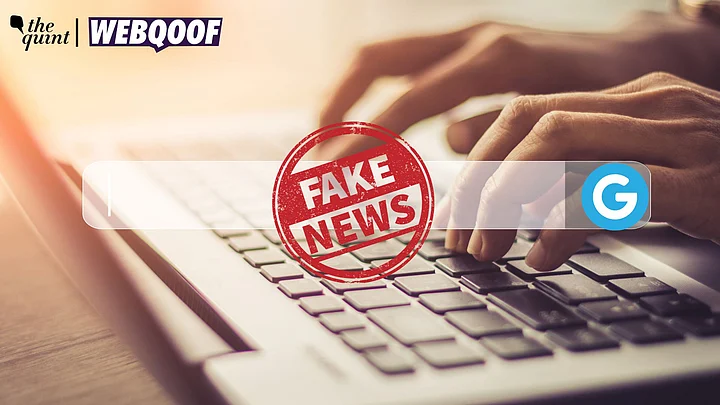As roughly half of the world prepares for elections in 2024, researchers have predicted that this could be one of the "biggest years for the spread of m/disinformation", and bad actors could misuse the information vacuum on the internet to target people.
A study published in the British scientific journal, Nature, highlighted how the existence of 'data voids' can lead people to fall for misinformation, especially while trying to verify controversial topics. So, how does it impact the usual practice of just 'searching things' online?
While debates and arguments ahead of elections usually happen in democratic societies, but online search and social media platforms has enabled claims and counterclaims to be made almost endlessly.
What Are Data Voids?
In simple words, data voids are information spaces that lacks evidence. For example, when users search for a topic and do not receive it a lot of credible reports or sources.
These voids are usually exploited by manipulators and misinformation peddlers, who fill them by producing unverified and conspiratorial content.
The term was coined in May 2018 by Michael Golebiewski of Microsoft.
The study further said that media-literacy campaigns that advocate for 'just searching' need to become smarter. It also highlights how deprioritising sources by using automated systems might no longer be enough for search provides to combat mis/disinformation.
The ‘Illusory Truth Effect'
This means that people tend to perceive something to be true the more they are exposed to it regardless of its veracity. It should be noted that this is not something new. "Repeat a lie often enough and it becomes the truth" a quote often attributed to Joseph Goebbels shows how lies were spread using the illusory truth effect before the digital age.
A recent study conducted by Kevin Aslett, a political scientist at University of Central Florida in Orlando, and his colleagues, found that people who used Google Search to evaluate the accuracy of news stories ended up trusting those stories more. Why did this happen? It is because when you search for such news, you are more likely to receive results that corroborate an inaccurate story.
The Quint had published a report in 2018 that talked about a phenomenon known as confirmation bias, where people believe fake news as true despite there being evidence to contradict the claims. According to researchers, people tend to accept information that confirms their existing beliefs while rejecting those that contradicts the beliefs.
How to Fact-Check During Breaking News Situations?
One of the biggest vacuum of information is felt during breaking news situations and this is used by manipulators to their advantage. Sharing unsubstantiated claims and peddling old visuals linking them to the current event are just some of the ways these misinformation peddlers fill the vacuum.
The Quint's special project 'Verify Kiya Kya?' addressed the issue and created a checklist to be kept in mind while trying to verify breaking news events. It also talked about the various red flags that can identified. You can read the report here.
(At The Quint, we question everything. Play an active role in shaping our journalism by becoming a member today.)
